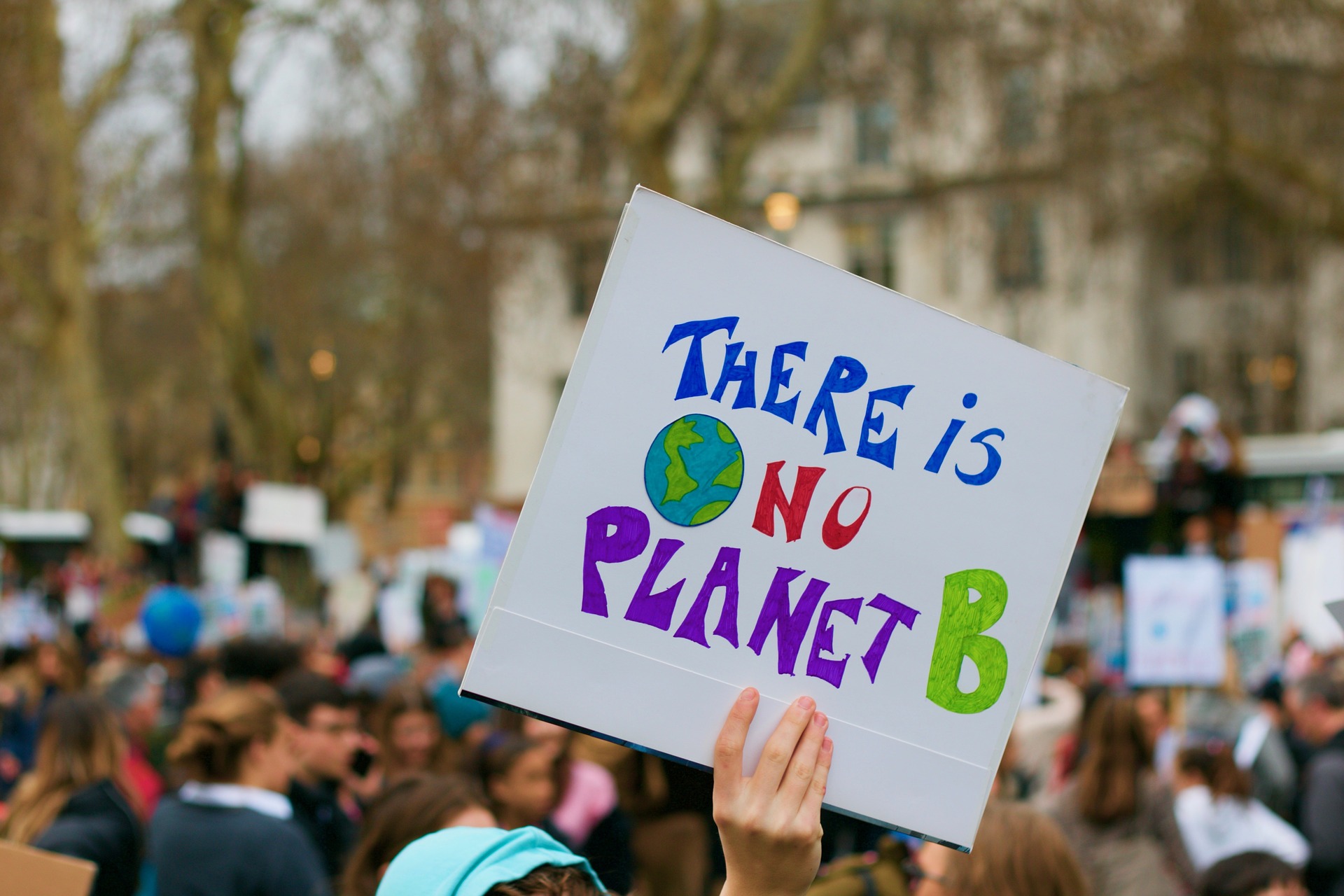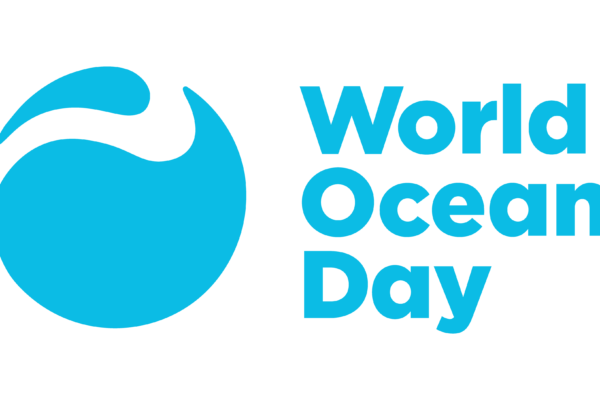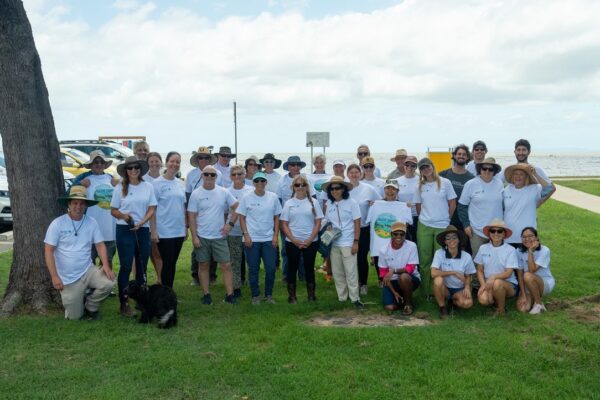Update from 2024: See the U. S. Ocean Justice Strategy. published in December 2023.
“Defining” Ocean Justice
Ocean justice sits at the intersection of environmental protection, social equity, and human rights. The concept can encompass who has access to the ocean, has a say in ocean policy, and is most harmed by inaction in safeguarding and revitalizing our coastal and marine environment. Ocean justice, like climate justice, is a concept that defies a singular definition. Its meaning resonates uniquely with individuals and communities, extending far beyond the limitations of a single interpretation. Every aspect of ocean and climate justice is multifaceted; it’s essential to preface that we cannot cover every ocean justice consideration within the confines of this blog. Instead, we encourage you to deepen your understanding by exploring the resources linked at the bottom.
Who is an Ocean Advocate?
In pursuing ocean justice, a fundamental aspect lies in redefining who can be an ocean advocate. Advocates work to raise awareness, influence public opinion, and bring about positive change; Anyone can be an advocate. Despite this, the voices in the ocean conservation and policy space have historically been, and largely remain, nondiverse. Many groups have been excluded from conservation spaces due to systemic injustices, logistical barriers, and a lack of justice, equity, diversity, and inclusion. These groups include costal communities,women, LGBTQ+, BIPOC, immigrant communities, and youth.
This underrepresentation has profoundly affected how the ocean conservation space has functioned. Lack of diversity and inclusion in decision-making can inadvertently (or not) lead to inequitable outcomes and ineffective solutions for many. When marginalized communities are not included in the conversation, their unique perspectives, experiences, and knowledge of local ecosystems are overlooked, resulting in policies that fail to address their specific needs and concerns. The exclusion of these communities and groups has shaped policy and strategy that, at best, excludes and, at worst, actively harms marginalized groups. In acknowledging and embracing the intersectionality of social and environmental issues, the ocean conservation and policy space can unlock immense potential for cross-cultural and intergenerational knowledge exchange. This recognition allows for the development of new and innovative approaches to conservation management, education, and outreach campaigns.
In order to create long-lasting, sustainable coalitions for ocean and climate action, it is crucial to recognize that anyone, regardless of age and background, should have the opportunity to become a powerful advocate for our blue planet. In addition, the situation requires organizations and government actors to commit to dismantling cultural, logistical, and financial barriers that prevent access to our coasts, waterways, and ocean conservation spaces. Furthermore, our perspectives must also be interconnected in recognizing the profound interconnectedness of life on Earth. Acknowledging that ocean justice is climate justice is just one way to synthesize our perspectives to achieve a sustainable and equitable future for our planet and all its inhabitants.
Engaging and Involving Young Minds
We believe involving young people from diverse backgrounds is crucial for achieving ocean justice. Climate change and ocean degradation are inherently intergenerational issues that require youth to be included in the decision-making process. Recognizing that the consequences of our actions today will significantly impact future generations is crucial in involving young voices in shaping the solutions. Young people have been critical agents of change in their communities for generations. Through proactive and targeted efforts to involve and inspire young minds, we can cultivate a generation of ocean champions who will spearhead significant transformations within and beyond their communities.
History proves that young people have been passionate advocates, invested in driving change. Young people have been at the frontlines of some of the most boundary-pushing and status quo-changing movements of the last 50+ years. Even now, as communities worldwide begin to experience the actual impacts of climate degradation first-hand, young people are at the forefront of demanding transformative change. Harnessing the power of young minds in pursuing ocean and climate justice is not only a strategic approach but a moral imperative. Young people are critical agents of change; Their capacity to inspire, innovate, and mobilize positions them as catalysts for tremendous change.
Dive Into Action for Ocean Justice
It is essential to highlight recent strides in advancing ocean justice action. The White House recently released a notice seeking public input to inform the development of the first-ever Ocean Justice Strategy. This strategy outlines a vision and sets goals for just and equitable access, management, and use of the ocean, the coasts, and the Great Lakes. This initiative excitingly reflects a growing recognition of the need to address environmental, justice, and equity concerns within ocean management. By explicitly acknowledging the intersectionality of environmental protection, social equity, and human rights, the Ocean Justice Strategy can drive transformational change in protecting and restoring our coastal and marine ecosystems.
It’s time to take action and seize the opportunity to shape the future of our ocean. Regardless of your age and background, you hold the power to contribute to the vital discussion about the future of our sea. The ocean doesn’t belong to a single entity—it belongs to everyone. This reality presents both an obligation and an incredible opportunity for us to make a difference and influence the course of action.
Click here to leave your comments on the Federal Register.
AND
Join The Ocean Project and EarthEcho International for an online Ocean Justice Strategy discussion on Wednesday, July 12th at 8 pm FOR YOUTH to draft a comment letter for the White House. RSVP here.
New Ocean Justice Action Guide available.
Resources:
Tips for writing a public comment
Arctic Science and Indigenous Knowledge
Ocean Justice: A New Policy Vision
Mainstreaming Equity and Justice in the Ocean
On Environmental Justice, Climate Justice, and Ocean Justice
Ocean justice can help empower communities of color on the frontlines of the climate crisis.




